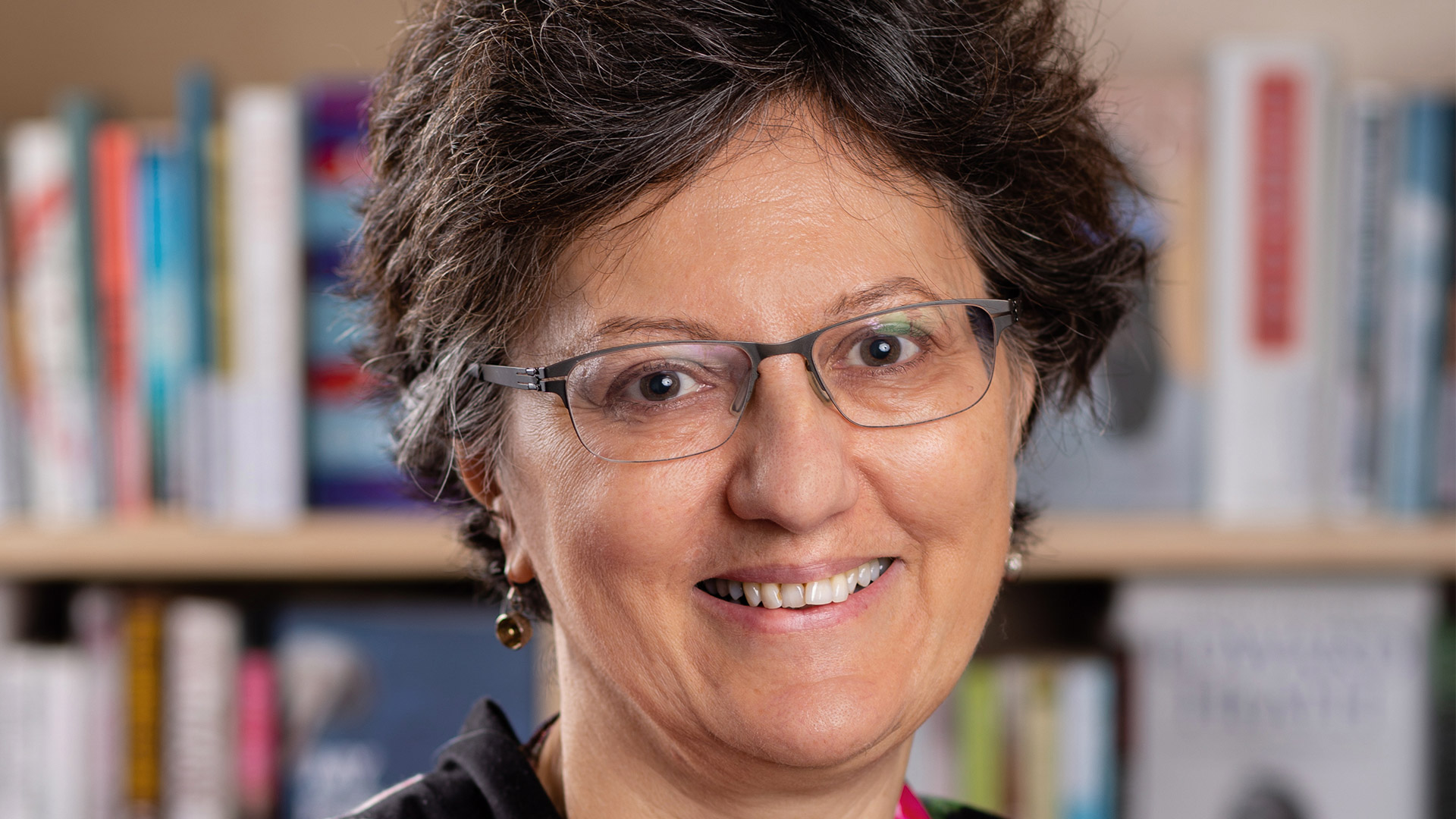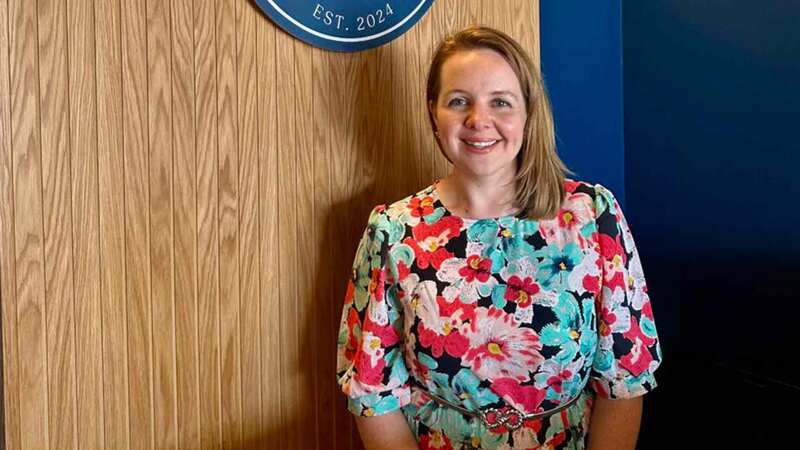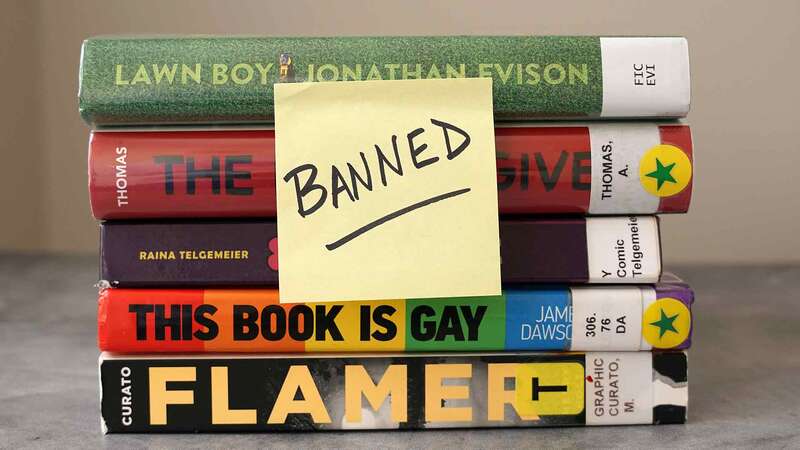You are viewing your 1 free article this month. Login to read more articles.
SoA appeals for 'urgent' funds as authors hit by soaring cost of living
Authors are being hard hit by the rise in the cost of living, writers groups have revealed, with an “urgent” appeal as funding to support them runs low.
Over the past year, the Royal Literary Fund (RLF) has helped around 500 writers with its hardship grants, education and outreach projects as the post-Covid period for many writers has been a struggle.
The organisation said: “Many writers have hoped to get back on track post-pandemic, and the applicants we’ve seen have demonstrated that there has been a slow return to work being commissioned again, whether it be book publishing, theatre, film and television, festivals, and other events – all of which are critical to the delicately balanced ecology of most professional writers’ lives and supports the catastrophic decline in earnings for writers as exhibited in the Authors’ Licensing & Collecting Society (ALCS) report last year [median earnings for authors now amounts to just £7,000 per year, the research showed]."
Edward Kemp, c.e.o. of the RLF, said: “Over the last two years, we have seen a significant trend in writers citing the increase in the cost of living as one of the main reasons for applying to the RLF for our hardship grants. Since the pandemic, we have spoken to many professional writers who worry they will continue to struggle financially for the foreseeable future. The increase in costs at a time when the vast majority of authors have seen income decline steeply risks creating a perfect storm for writers in most genres."
Additionally the Society of Authors (SoA) said that demand for hardship grants is continuing, “particularly as the cost-of-living crisis bites harder”.
Robyn Law, head of fundraising, grants and prizes for the SoA, told The Bookseller: “We had a spike in applications over the summer, an increasing proportion of which were from people affected by the cost-of-living crisis. There are signs that the current level of need is likely to increase, particularly among people who might previously have relied on savings but who now find those savings exhausted.”
Law said that around half of the applications the SoA receives are from people who have received a grant from the organisation before. “The financial challenges faced by authors are ongoing for far too many,” she said.
Nicola Solomon, c.e.o. of the Society of Authors, told The Bookseller: “There are countless complex reasons for this. The cost-of-living crisis and rising fuel bills, the focus on celebrity, meaning that more money goes to a handful of celebrity authors, starving the rest of the sector, the ongoing professional, financial and health impacts of the pandemic, and the slow return to in-person appearances that so many authors relied on."
She believes that Artificial Intelligence is already taking its toll on author earnings: "Our tax and benefits systems which do not cope with freelances who have multiple occupations or lumpy incomes, and, most recently, the impact automation is already having on some sections of our membership as they compete for scriptwriting, translation, illustration, journalism and editing income."
Solomon said that while "small grants like those offered by the Authors’ Contingency Fund or the longer term support of the Royal Literary Fund can be a lifeline", funds are now running low. “Before 2020, the Authors’ Contingency Fund and its allied charities typically distributed around £80,000 each year in grants to authors in need," she added. "That demand increased exponentially when Covid hit."
With contributions from RLF, ALCS, Arts Council England, the Hawthornden Trust and others, the SoA has distributed £2m over the past few years with grants typically around £1,500.
Solomon added: "As we approach the end of 2023, funds are running low and there is no sign of a drop in demand. We are now looking urgently for new funding to ensure the Authors’ Contingency Fund can keep giving – any amounts help from large corporate donations to small personal donations and bequests."

















